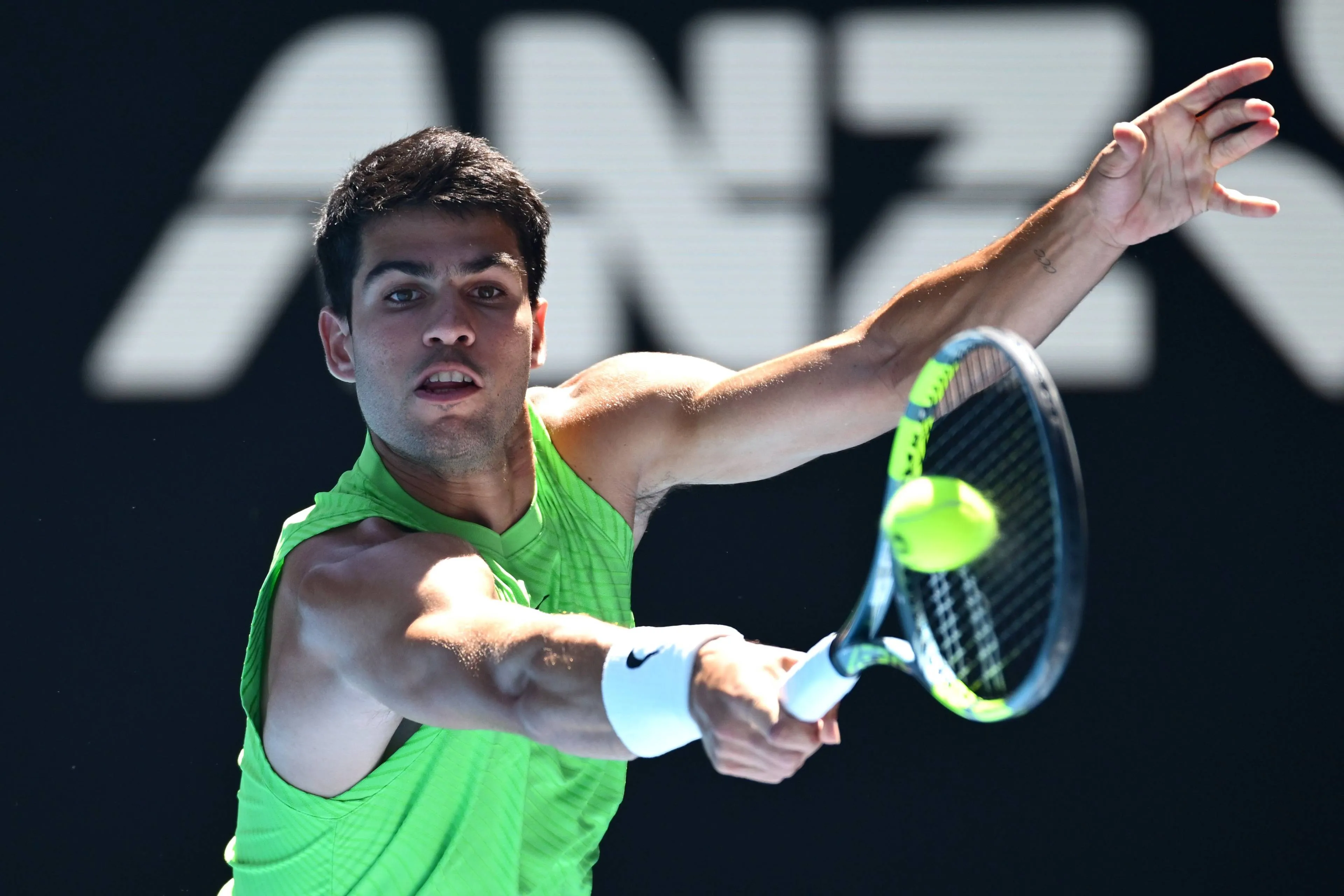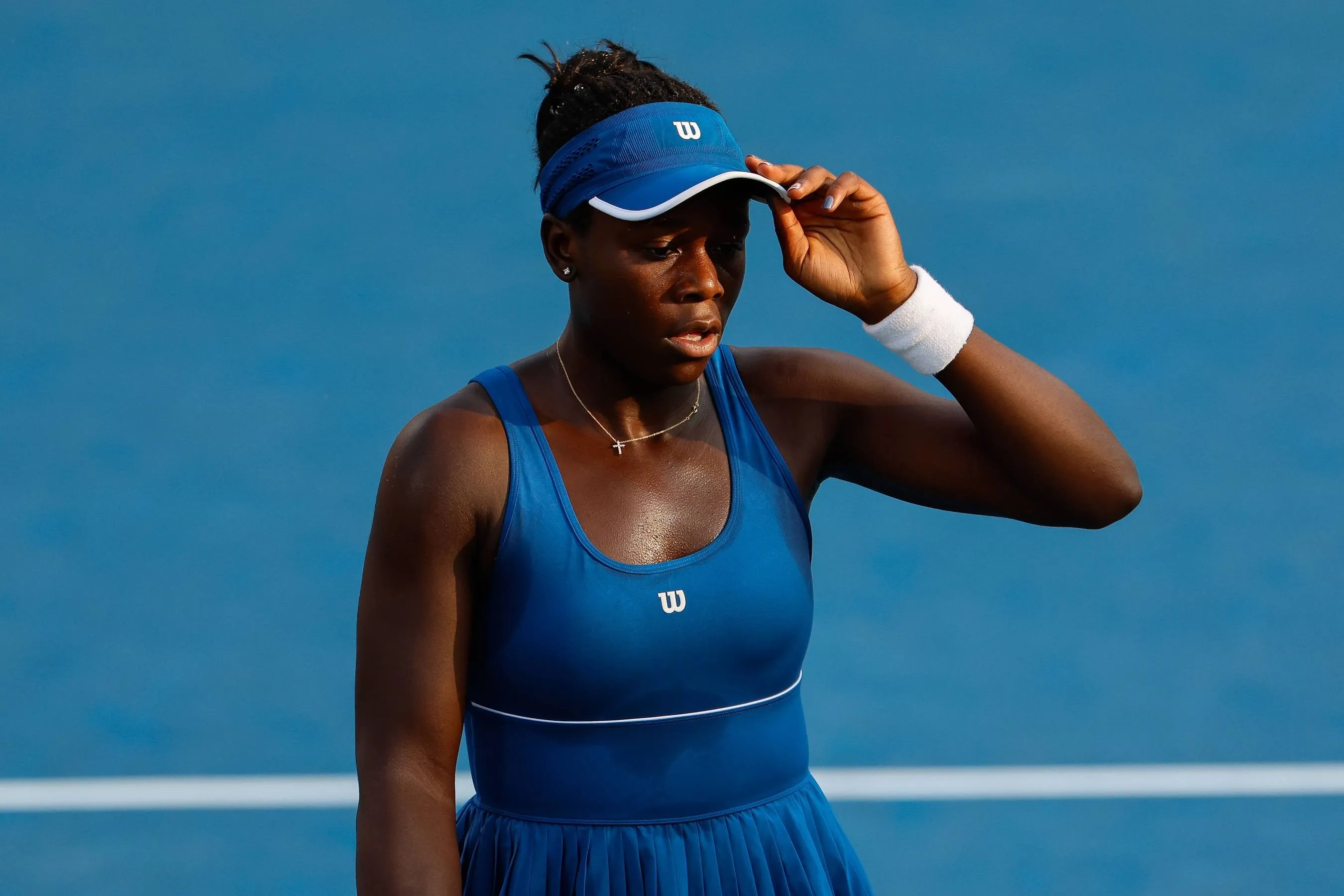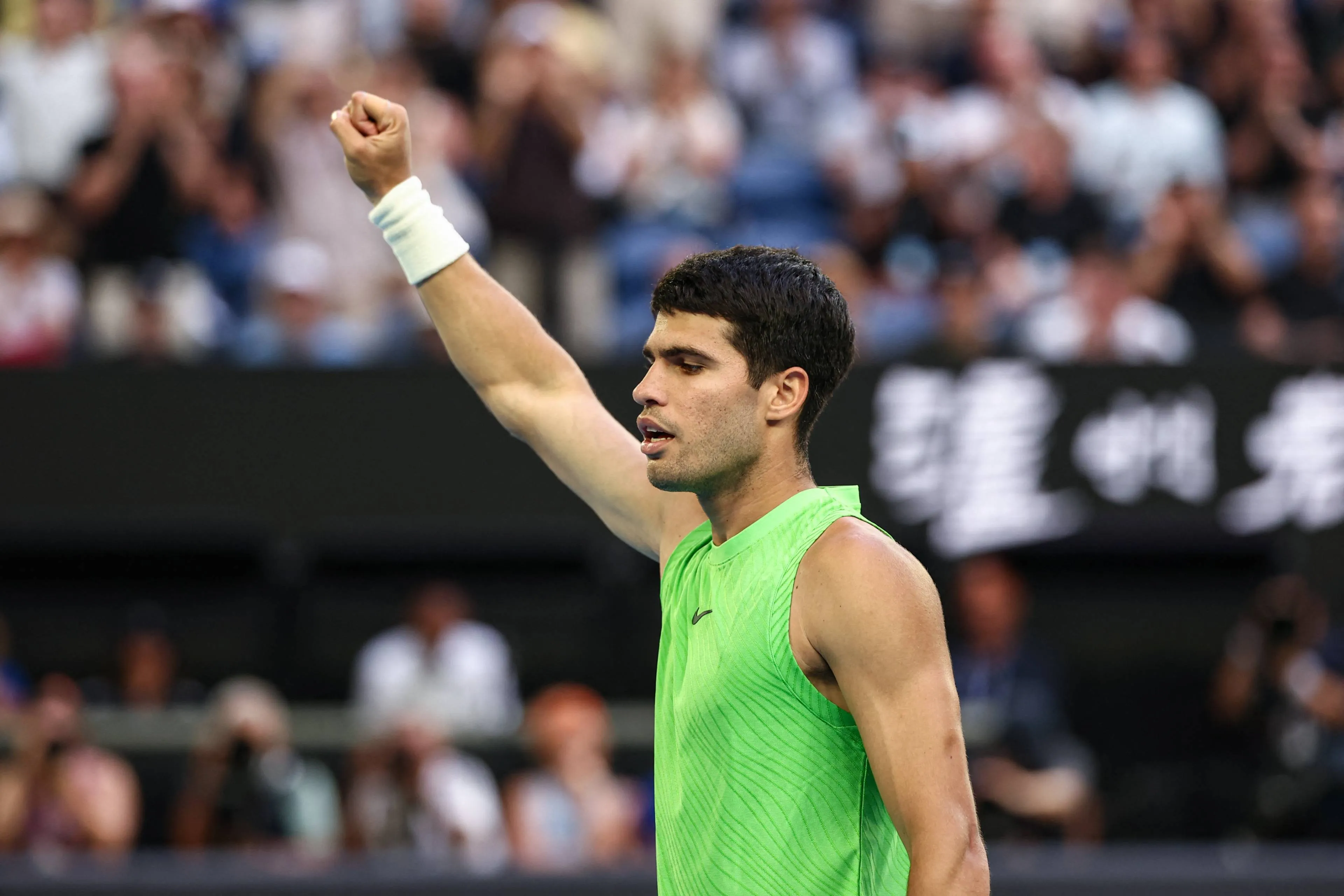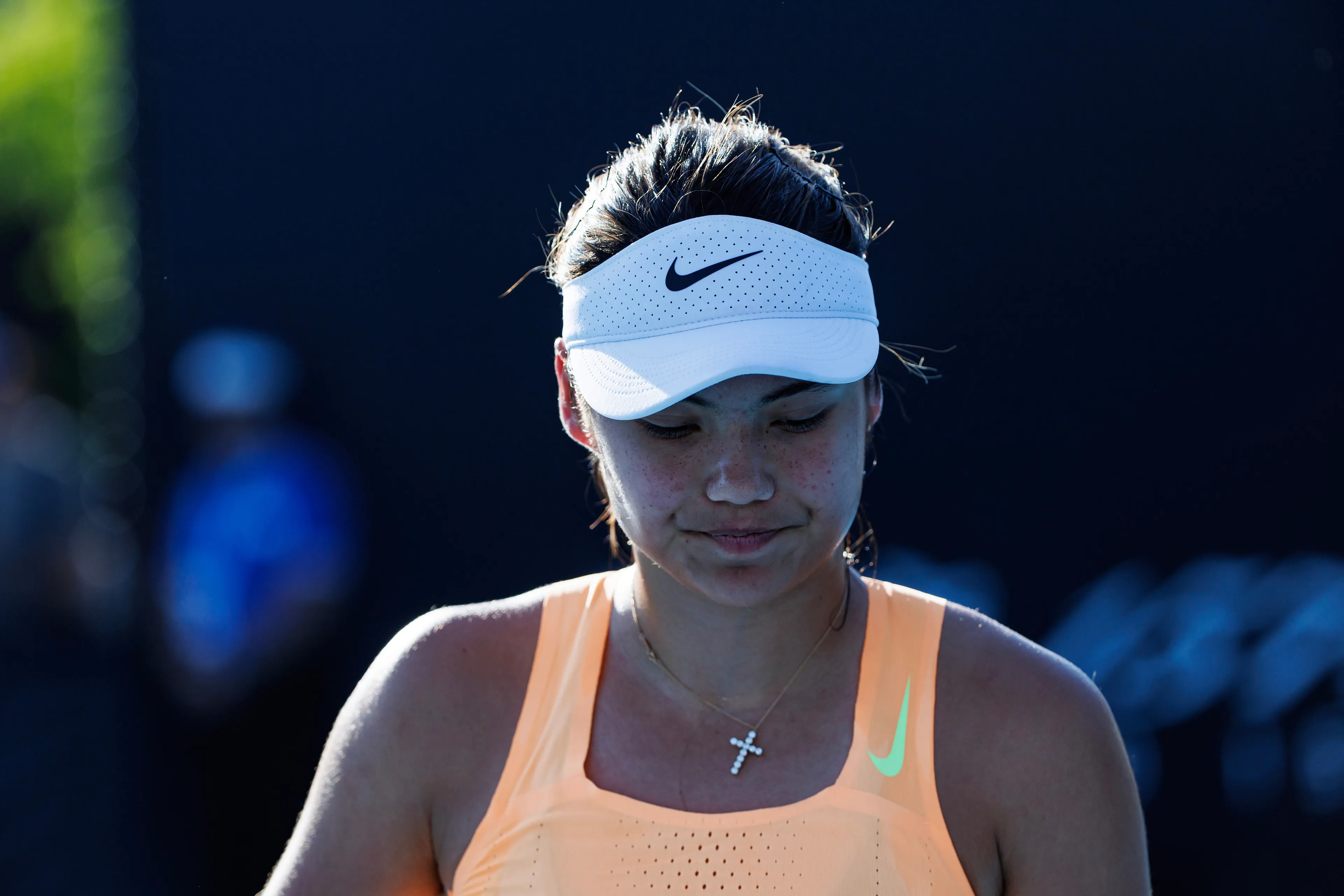Halep Reveals She Was Denied Entry To Sinner's Match During Doping Ban
WTAFriday, 09 August 2024 at 07:00

Simona Halep had to endure difficult times as she battled to prove her innocence during her doping trial, and she called some of what she had to endure as 'a jail'.
After the 2022 US Open, the Romanian was given a provisional suspension due to a positive doping test. She was flabbergasted as much as anybody but promised to fight the allegation of doping.
She would do so, but it was a lengthy process, which ultimately concluded with the ITIA handing Halep a definitive four-year suspension. It would have ended her career on the spot, as she would be 35 by the time the suspension would have expired and unlikely to return to tennis in any major capacity.
She promised to fight that suspension, ultimately winning the case and getting her suspension reduced to only nine months. Due to nine months having expired since the suspension took effect, she was free to return to tennis earlier this year at the Miami Open.
The whole ordeal left a huge mark on Halep, who spoke a few times about how it seemed more like a witchhunt than a regulatory process. It felt to her like she was being targeted to be shown off as an example, and it was hard to endure.
Because of the suspension, she couldn't be around tennis at all. It felt like a prison to her, which is how she described it recently in an interview with We Are Tennis.
Halep confirmed that part of her suspension was her inability to attend matches, which she wanted to do. The Romanian wanted to go watch Jannik Sinner at the Paris Masters but wasn't allowed to, which didn't make any sense to her.
Read also
"It was amazing. It was like a freedom. You know, I never been in jail, and hopefully I'll never be, but they say, many people told me it looks like you are in jail. I could not go watch a tennis match. This was the most difficult thing."
"So, they told me, I wanted to go to Paris Bercy to see Sinner, and I was not able. So, what did I do that bad that I'm not able to watch a match? This is too much, in my opinion. When I got the freedom, it was, like, a relief and the light came back."
It was an experience she could have done without, but it taught her many things about herself and the tennis world in general. She believes herself to be stronger after going through the experience.
Unfortunately, it left a stain on her reputation, which could be seen by how some of her colleagues spoke about her. Ultimately, she did prove her innocence and retained a favorable status among tennis fans.
That in itself is what mostly matters to her because she declared winning her case as being better than winning a Grand Slam. That's how much it meant to her.
Read also
Loading







